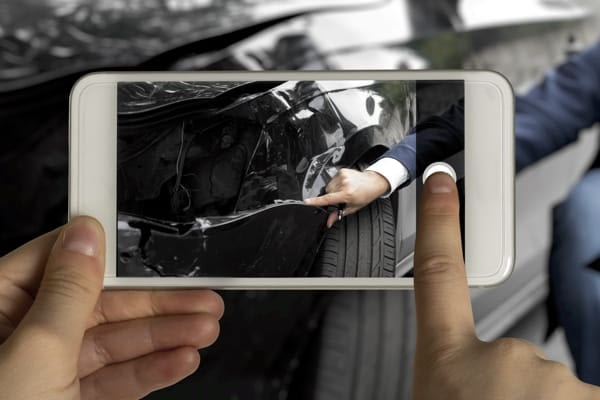- Insurance Services
- Auto, Home & Personal Insurance
- Business Insurance
- Business Interruption Insurance
- Business Owners Package Insurance
- Commercial Auto Insurance
- Commercial Property Insurance
- Commercial Umbrella Insurance
- General Liability Insurance
- Hotel & Motel Hospitality Insurance
- Professional Liability (E&O) Insurance
- Surety Bonds
- Workers' Compensation Insurance
- - View All Business
- Life Insurance
- About
- Policy Service
- Contact
Understanding Your Auto Policy
Article originally posted on www.insuranceneighbor.com(opens in new tab)

Drivers are required to carry minimum liability coverage in most states in the U.S. This coverage provides some protection in case you are involved in an accident that causes injury to another or damage to someone else’s property. Most vehicle owners want additional optional coverage for damage to their own vehicles. Our experienced agency can work with you to tailor the coverage amounts you need in a policy that fits your budget.
Mandatory Automobile Insurance
Nearly every state in the U.S. requires vehicle owners to carry the following automobile liability coverage:
- Bodily injury liability: This covers costs associated with injury or death caused by you or someone else driving your car.
- Property damage liability: This coverage is designed to reimburse others for property damage caused by you or someone driving your vehicle.
Coverage Required in Many States
Depending on where you live, you may be required to carry the following coverage. Even if it is not required, consider adding it to your policy:
- Medical or Personal Injury Protection (PIP): This coverage reimburses you or your passengers for medical expenses, lost wages, and other related expenses.
- Uninsured/Underinsured Motorist Coverage: If you are involved in an accident caused by an uninsured or underinsured driver, this coverage will reimburse your costs. It also applies in the case of a hit-and-run accident.
Optional Coverage for Damage to Your Vehicle
Legally required auto liability insurance covers the costs of damage you cause to other vehicles, but it does not cover your own car. To have this type of coverage, you need to purchase optional insurance:
- Collision: This coverage reimburses you for damage to your vehicle when you are at fault for a collision.
- Comprehensive: This provides protection against theft and damage from other causes than a collision, such as falling rocks or trees, hail, fire, flooding, or vandalism.
- Glass coverage: Some auto policies include no-deductible coverage for damage to the windshield, side windows, rear window, or glass sunroof. Supplemental glass coverage is also available.
Gap Insurance
Collision and comprehensive cover the market value of your car, which may be considerably less than what you paid for it, factoring in depreciation. If your car is totaled, you could end up owing more for the vehicle than your policy will cover. Gap insurance will cover the difference.
Who Is Covered Under a Personal Auto Insurance Policy?
Your auto insurance policy covers you and any family members on your policy. Coverage is in effect when you are driving your own car or someone else’s car with their permission, or when someone not on your policy is driving your vehicle with your consent.
A personal auto policy only provides coverage when you are driving for personal reasons. It will not cover you when and if you are using your car for commercial purposes. Most personal auto policies will not provide coverage to drivers who are providing transportation to others for commercial reasons (e.g., Uber and Lyft drivers). However, some insurance companies are now offering supplemental insurance to extend coverage for owners of vehicles who are providing ride-sharing services. This supplemental insurance is provided at an additional cost.
Filed Under: Personal Insurance | Tagged With: Auto Insurance, Car Insurance